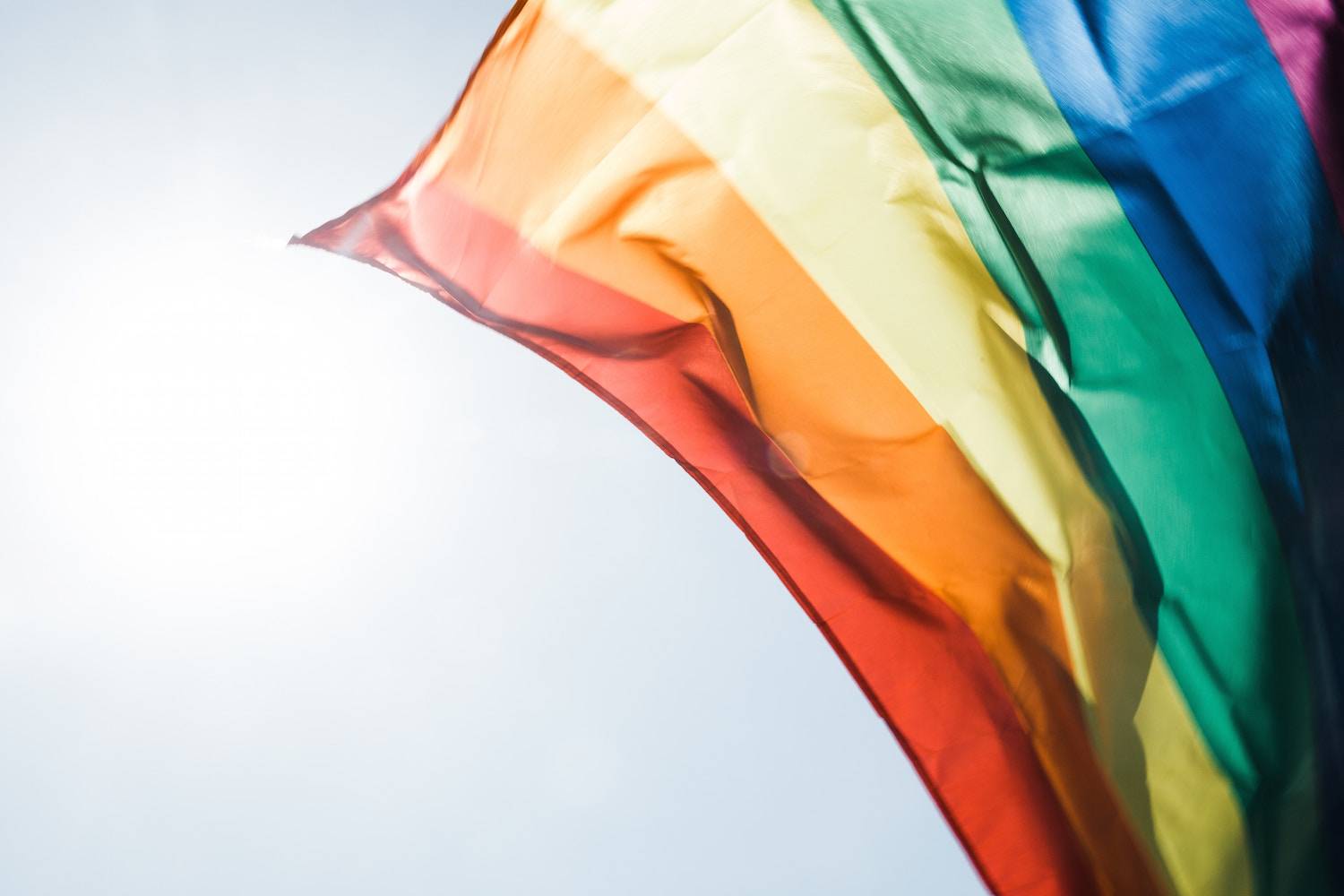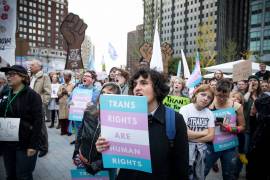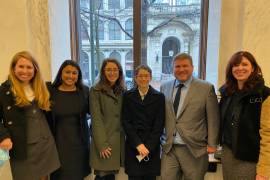Today, Lambda Legal filed a friend-of-the-court brief urging the full U.S. Second Circuit Court of Appeals to reach the same conclusion as the full Seventh Circuit reached in Lambda Legal’s landmark Hively v. Ivy Tech case: The Civil Rights Act covers sexual orientation discrimination.
The amicus brief supports the estate of Donald Zarda, a New York skydiving instructor who was fired from his job because he was gay.
“Numerous courts – including most recently the Seventh Circuit – and the EEOC agree: sexual orientation discrimination is sex discrimination under the Civil Rights Act," said Greg Nevins, Employment Fairness Project Director for Lambda Legal. "To split hairs and interpret civil rights law narrowly is wrong and it forces lesbian, gay and bisexual employees back into the closet at work out of fear of backlash and discrimination.”
“With Hively, federal law is finally catching up to public opinion: ninety-percent of Americans already believe that LGBT employees should be valued for how well they do their jobs—not who they love or who they are," Nevins added. "We hope that the full Second Circuit and other circuit courts will follow suit.”
In September 2010, Zarda, a skydiver, filed a lawsuit in U.S. District Court for the Eastern District of New York against his former employer, Altitude Express, Inc, alleging that the company violated the Civil Rights Act by discriminating against him because of his sexual orientation.
The district court rejected his claim, saying that the Civil Rights Act does not protect him for bias he endured for being a gay man. Tragically, in October 2014, Zarda died in a base jumping accident in Switzerland. He is survived by his sister, Melissa, and former partner, William, the executors of his estate.
In January 2017, Gregory Antollino argued an appeal on behalf of Zarda’s estate asking a three judge panel of the Second Circuit to revisit its precedent and hold that sexual orientation discrimination is a form of sex discrimination and therefore illegal under the Civil Rights Act.
The three-judge panel denied Zarda’s claim in April 2017, but held that Zarda would be entitled to a new trial if the full Second Circuit agreed with his arguments about Title VII of the Civil Rights Act.
In the amicus brief filed today, Lambda Legal rebuts the arguments against the Civil Rights Act’s coverage of sexual orientation discrimination made by four federal appellate judges this year in Lambda Legal’s cases. It should be noted that ten federal appellate judges this year have agreed with Lambda Legal’s arguments, and even one of the four holdout judges agrees that most discrimination against the LGBT community violates Title VII of the Civil Rights Act.
For years, Lambda Legal has been explaining to courts that Title VII of the Civil Rights Act, when properly understood, protects LGBT employees.
Three of Lambda Legal’s successful efforts in 2014, in federal courts in Seattle, Chicago, and Washington D.C., were cited by the U.S. Equal Employment Opportunity Commission (EEOC) in its finding in Baldwin v. Foxx extending the sex discrimination protections of Title VII of the Civil Rights Act to discrimination based on sexual orientation.
In March, Lambda Legal filed a petition asking the full Eleventh Circuit to rehear a case on behalf of Jameka Evans, a Georgia security guard who was harassed at work and ultimately forced out of her job because she is a lesbian and didn’t conform to gender norms in her appearance and demeanor.
Shortly after that filing, the full Seventh Circuit Court of Appeals issued its landmark ruling in Lambda Legal’s case on behalf of Kimberly Hively, an instructor at Ivy Tech Community College in South Bend, IN, who was fired for being a lesbian. That ruling made the Seventh Circuit the highest federal court to reach the conclusion that workplace discrimination based on sexual orientation is a violation of the sex discrimination protections of Title VII of the Civil Rights Act of 1964, a decision which could change the national landscape of employment law for LGBT people.





